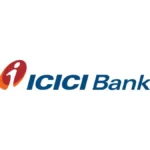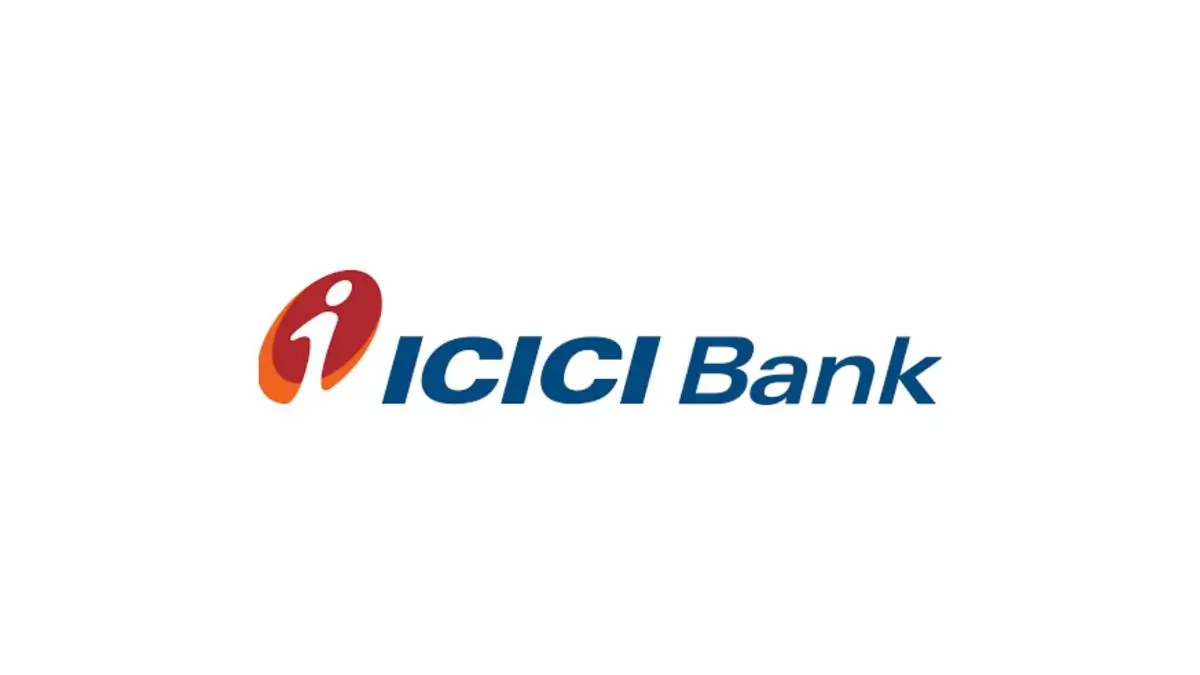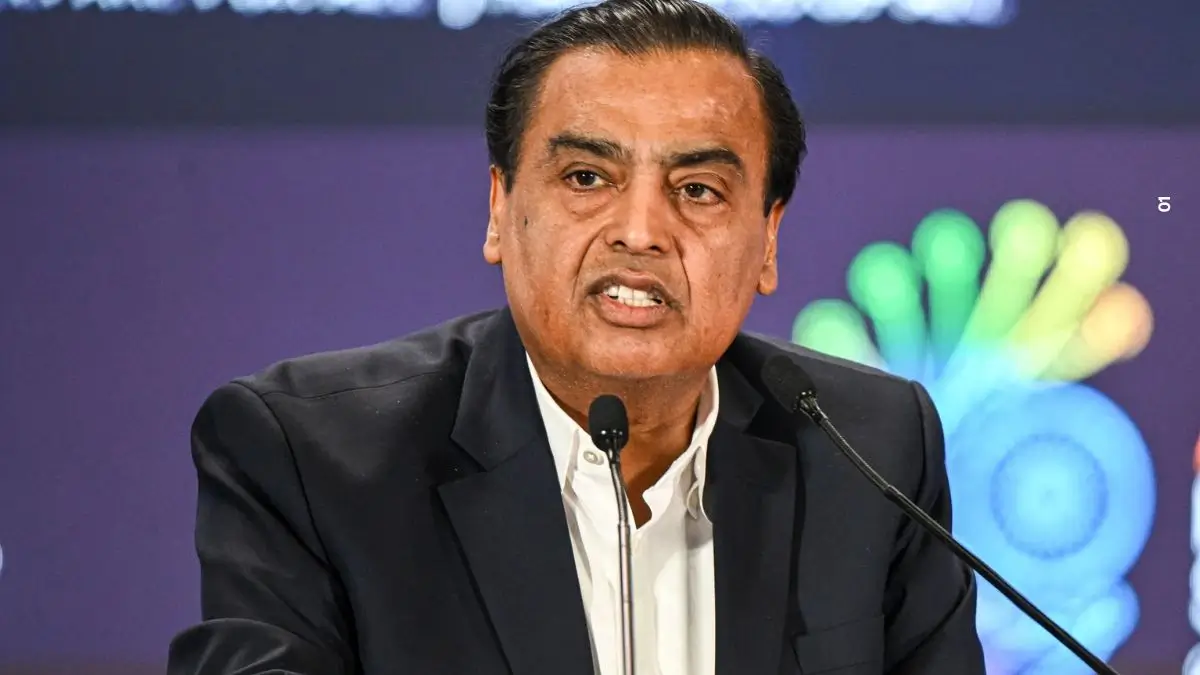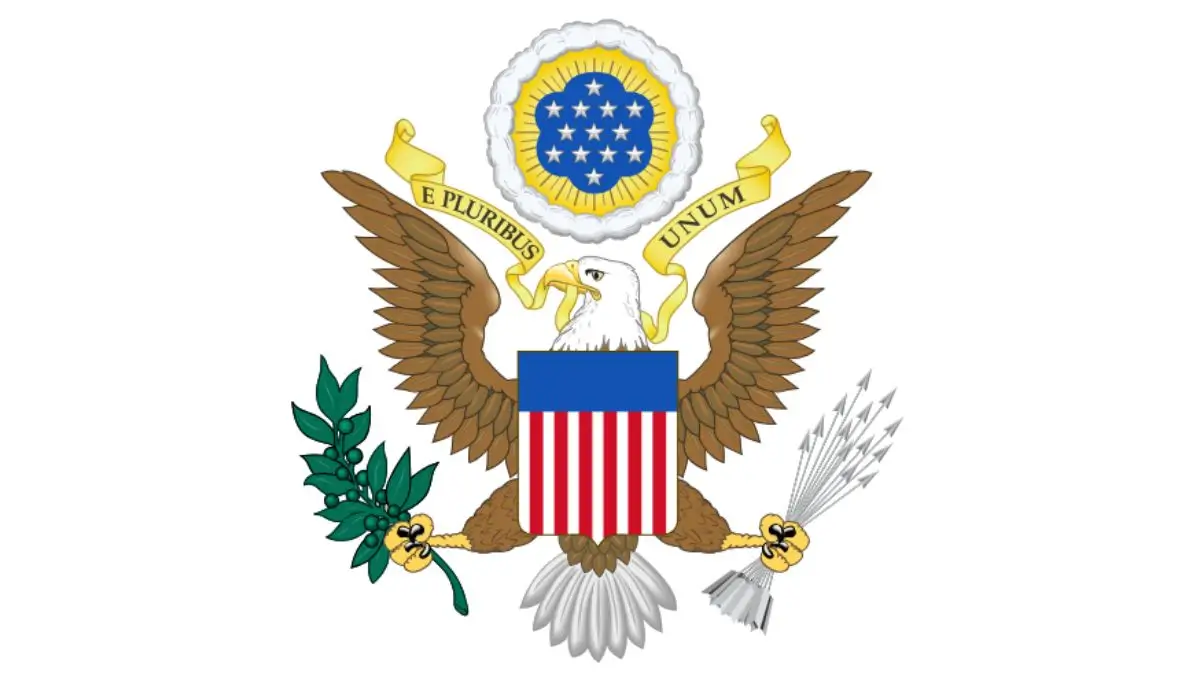Bank of Baroda to Sell Oman Operations to Bank Dhofar
Overview of the Deal
Bank of Baroda (BoB), one of India’s leading public sector banks, has announced the sale of its operations in Oman to Bank Dhofar. This strategic move aligns with BoB’s focus on strengthening its balance sheet and optimizing its international operations. The transaction is expected to be completed in the next quarter, subject to regulatory approvals. This sale highlights the changing dynamics in the banking sector and BoB’s strategy to concentrate on core markets.
Strategic Rationale Behind the Sale
The decision to divest its Oman operations is part of BoB’s broader strategy to enhance its profitability and efficiency. By exiting non-core markets, the bank aims to allocate resources more effectively and focus on its domestic operations, where it has a significant competitive advantage. Bank Dhofar, a prominent player in Oman, is expected to integrate BoB’s operations seamlessly, offering enhanced services to existing customers.
Impact on Stakeholders
The sale will impact various stakeholders, including employees, customers, and shareholders. For employees, there may be transitions as operations are integrated into Bank Dhofar. Customers can anticipate continued service but with the added benefits of Bank Dhofar’s local expertise and offerings. Shareholders of Bank of Baroda may view this move positively, as it signals a proactive approach to improving the bank’s financial health.
Conclusion
This sale represents a significant shift in Bank of Baroda’s international strategy. By focusing on strengthening its domestic presence, BoB aims to enhance its competitiveness and financial stability in the long run. The move underscores the importance of adaptability in the ever-evolving banking landscape.
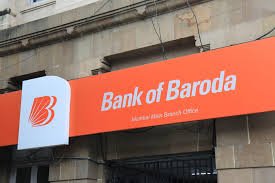
Why This News is Important
Strengthening Financial Health
The sale of Bank of Baroda’s Oman operations is crucial for strengthening its financial position. By divesting non-core assets, the bank can focus on improving its profitability and operational efficiency, leading to a healthier balance sheet.
Focus on Core Markets
This strategic decision reflects Bank of Baroda’s intent to concentrate on its core markets, particularly in India. Such a focus is essential for enhancing customer service and maximizing growth opportunities in a competitive banking environment.
Regulatory Compliance
The completion of this deal is subject to regulatory approvals, emphasizing the importance of adhering to compliance and governance in the banking sector. It highlights the necessity for banks to maintain robust practices while navigating international markets.
Impact on Customer Experience
The integration of BoB’s operations into Bank Dhofar could enhance customer experience. Customers may benefit from an expanded range of services and localized banking solutions, improving their overall banking experience.
Market Dynamics
This transaction reflects the ongoing changes in the banking landscape, where banks are reassessing their international operations. It provides insights into how financial institutions are adjusting their strategies to remain competitive in a rapidly changing environment.
Historical Context
Background of Bank of Baroda
Bank of Baroda, established in 1908, is one of India’s largest public sector banks with a significant international presence. It has been instrumental in providing banking services across various countries. Over the years, the bank has strategically expanded its operations globally, catering to the diverse needs of its customers.
Banking Operations in Oman
BoB commenced its operations in Oman to tap into the growing demand for banking services in the region. However, the competitive landscape and evolving market dynamics necessitated a reassessment of its international operations, leading to the decision to sell its Oman branch to Bank Dhofar.
Recent Trends in Banking Sector
The banking sector has witnessed a trend of consolidation and divestment in recent years. Financial institutions are increasingly focusing on their core competencies and domestic markets to enhance profitability and streamline operations. This move by Bank of Baroda aligns with these broader trends.
Key Takeaways from “Bank of Baroda’s Sale of Oman Operations”
| S.No | Key Takeaway |
|---|---|
| 1 | Bank of Baroda is selling its Oman operations to Bank Dhofar. |
| 2 | The sale is part of BoB’s strategy to strengthen its balance sheet and focus on core markets. |
| 3 | The transaction is expected to be completed in the next quarter, pending regulatory approvals. |
| 4 | Customers of BoB in Oman will transition to Bank Dhofar, benefiting from enhanced local services. |
| 5 | The sale reflects ongoing changes in the banking sector, where institutions reassess international operations. |
Important FAQs for Students from this News
1. What is the significance of Bank of Baroda selling its Oman operations?
The sale is significant as it allows Bank of Baroda to strengthen its financial position by focusing on core markets and improving operational efficiency.
2. Who is acquiring Bank of Baroda’s Oman operations?
Bank Dhofar, a prominent bank in Oman, is acquiring Bank of Baroda’s operations in the country.
3. When is the sale expected to be completed?
The transaction is anticipated to be completed in the next quarter, subject to regulatory approvals.
4. How will this sale impact Bank of Baroda’s customers in Oman?
Customers can expect a smooth transition to Bank Dhofar, potentially gaining access to enhanced banking services and local expertise.
5. Why are banks like Bank of Baroda divesting international operations?
Banks are divesting international operations to focus on their core markets and enhance profitability amid changing dynamics in the banking sector.
Some Important Current Affairs Links




